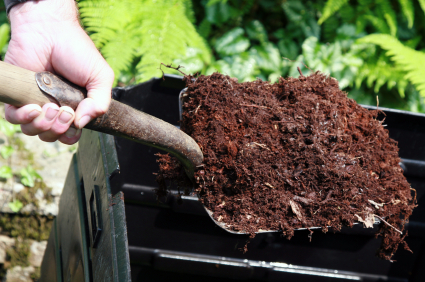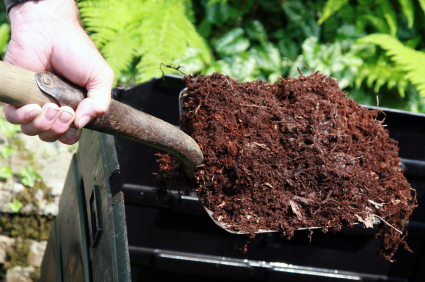 Take this, Collin! Language of the Waxman-Peterson compromise has been released (full text here; and here’s a summary)–and in some ways it’s worse than I originally thought, and in some ways potentially better.
Take this, Collin! Language of the Waxman-Peterson compromise has been released (full text here; and here’s a summary)–and in some ways it’s worse than I originally thought, and in some ways potentially better.
The bad part involves the provision around indirect land-use change and ethanol. It would, for the next five years, prevent that the EPA from considering international indirect land-use change when assessing the GHG footprint of ethanol. Yesterday, I declared it a travesty, but added that it didn’t change much on the ground, since the 2007 Energy Act already grandfathered in 15 billion gallons of corn-based ethanol–a huge increase over current production levels.
I sort of assumed sanity would be restored after five years–that is, that the EPA would then be free to assess whether the U.S. biofuel program is inspiring farmers in other parts of the world to plow up ecologically crucial areas like rainforests.
But that’s not how it works. The legislation requires there to be yet another study–by an “independent panel”–assessing indirect land-use effects. According to the summary, “After the study is completed, the Secretaries of Agriculture and Energy and the EPA Administrator must make a joint determination to accept or reject the study.”
In other words, the EPA administrator still won’t be able act independently based on science–he or she will have to form a consensus with the ag and energy secretaries, both of whom have other interests besides protecting the environment. As Peterson himself boasted yesterday, “What that means is that USDA has veto power over this.”
Great! Traditionally, you don’t gain the post of USDA chief without bowing deep before the biofuel gods. Recall that our current and previous USDA chiefs (Vilasack and Johanns) both served stints as chair of the Governor’s Ethanol Coalition. Will things be different in five years? We can hope!
And while it seems impossible for corn farmers to pump out enough product to generate more than 15 billion gallons of corn-based ethanol ever, much less within five years, cellulosic ethanol could be up and running by that time. (After all, isn’t it eternally five years away?) Contrary to popular belief, cellulosic feedstocks do present indirect land-use issues–and it would be nice if they could be judged based on science, and not against the interests of ethanol producers.
The carbon-offset language gives me some very cautious hope that the compronmise won’t mean a complete sop to agrichemical interests. The amendment charges the USDA chief with coming up with a “list of domestic agricultural and forestry practice types that are eligible to generate offset credits under this title because the practices avoid or reduce greenhouse gas emissions or sequester greenhouse gases.”
There’s almost no doubt, as I warned a couple of weeks ago, that chemical no-till–a practice that sequesters little if any carbon but uses loads of herbicides–will be enshrined as a credit-worthy practice. The amendment language places “altered tillage practices” on an “initial list.” Such offset definitions could shift yet billions more to chemical-intensive, monocrop agriculture. That’s dismal–a kind of crime, given the gravity of climate change.
But there’s also nothing stopping organic-ag practices from making the list, either–and with organic champion Kathleen Merrigan as Vilsack’s deputy, it just might happen. After all, the USDA’s own research reveals that “organic builds soil better than [chemical] no-till.” Moreover, the “initial list” includes “winter crover cropping”–a classic organic practice,
If this bill becomes law, the organic-ag community should work this angle hard. Don’t panic–carbon offsets for going organic! Or for that matter, folks who already practice organic ag. After all, the amendment is quite friendly to “early actors.” As the summary puts it: “Practices, such as no-till farming and avoided deforestation, will be available to earn offset credits under the new program, as long as they were started after 2001 and result in additional greenhouse gas reduction.” Lots of organic farms have emerged since 2001. Let’s get ’em carbon-offset cash!



